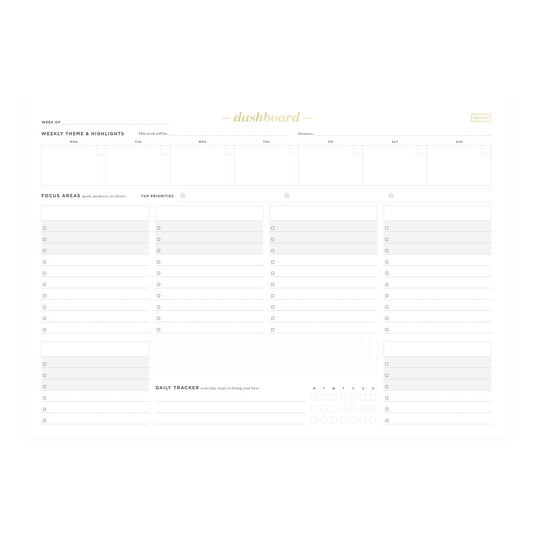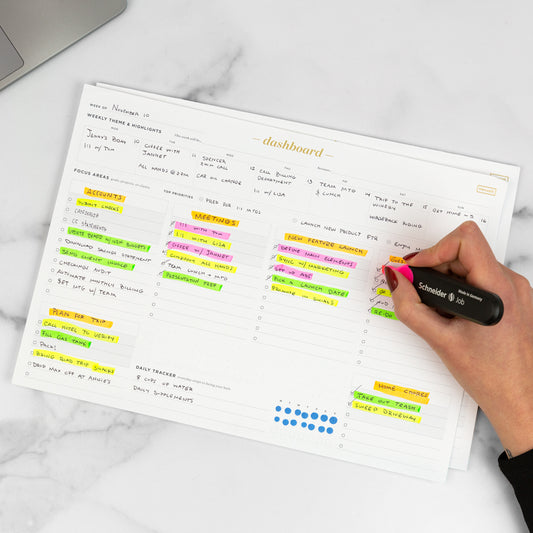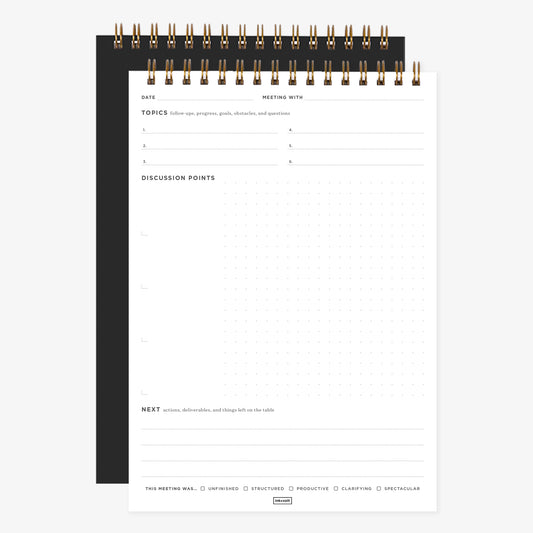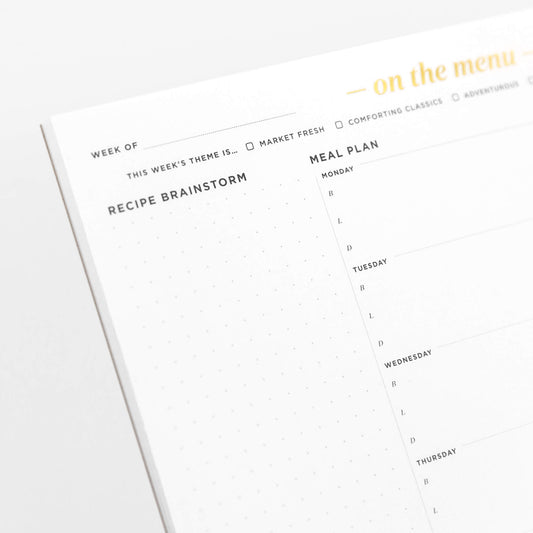We’ve all struggled to fall asleep.
Our minds chattering with a million thoughts; our bodies tense and frustrated, as we try to command ourselves to relax... But rather than tossing and turning and beating ourselves up for another restless night, a simple remedy can be meditation for sleep.
Meditation has been known to help with everything from relieving stress and anxiety, to reducing cortisol and blood pressure, and helping us feel better overall. And if you have trouble falling asleep or if you suffer from waking up in the middle of the night—you’re in luck. Meditation has been shown to help people achieve sleep as well as helping them successfully sleep through the night.
Let’s take a closer look at how meditation can set us up for a good night’s rest.
Benefits of meditation
A regular meditation routine can bring a variety of benefits. Meditation can help:
Improve focus. When we meditate, we’re encouraged to focus on one breath at a time, which allows us to narrow our focus and hold our attention.
Cultivate mindfulness. Meditation may help with quieting distracting thoughts and allow us to bring our attention to the here and now.
Relieve stress. Meditation can help people manage their stress levels and has also been shown to reduce the stress hormone cortisol.
Improve our mood. By taking a break from the distractions and busyness of everyday life, we get to slow down, which can immediately shift our mood and outlook. We may feel less hurried and impatient, and we may feel better about ourselves and our lives.
How sleep meditation can help you sleep better
For many of us, stress and anxiety are the culprits of a bad night’s sleep. We’re usually up past our bedtime thinking about deadlines or replaying past conversations, and generally flitting between the past and the future, instead of relaxing in the present. That’s why meditation, which can help quiet the mind and make us feel more relaxed overall, can help set up a good night’s rest.
Here’s how we can incorporate meditation into our routine to help us sleep peacefully at night.
When to meditate for a good night’s sleep
Day. Some experts recommend meditating during the day because then, when it’s time to go to sleep at night, you’ll know how to get your mind into that relaxed state again. Daytime meditation might be ideal for people who like to do guided meditation (more on this ahead) but want to avoid using their devices at night. Plus, meditating during the day will help you feeling more calm and relaxed in the long term.
Night. Another option is to meditate in the evening. For a lot of people, this might be the only free spot they have in their schedule. And since you’re already winding things down and getting ready for bed anyway, introducing a new meditation habit will feel more organic.
Guided meditations for sleep
With guided meditation, an instructor or a speaker walks you through a series of steps. They might give you a mantra to reflect on or give you a visualization exercise or instructions on how to breathe properly. You can attend a guided meditation class in person or use an app or follow along with a video.
If you’re a beginner, guided meditation is a wonderful option. While an in-person class would certainly be beneficial, you can also experience the benefits of a guided meditation workshop with an app. Many people enjoy the flexibility that an app provides, since you can use it anywhere and anytime.
If you’re looking for in-person guided meditation classes, you might want to check with your local yoga studio or holistic center as many of them offer meditation workshops.
Below are some popular apps and online courses that offer guided meditation for sleep.
Headspace. Headspace has a 30-day course specifically designed for better sleep.
According to their website, here’s what you can expect taking their course:
- Breathing exercises
- Body scanning
- Visualizations
- Wind-down exercise
- And more
Calm. Calm app offers a guided sleep meditation course called “7 Days Of Sleep.”
According to their website, here’s what you can expect:
- 7 sessions that are 14 minutes long
- Mindfulness teaching
- Guided meditation
- Sessions include: Relaxing the body, Eliminating worry, Letting Go, and more.
Ten Percent Happier. This guided meditation app was started by news anchor and author of the best selling memoir Ten Percent Happier, Dan Harris. The courses are led by meditation instructors and their sleep course offers a diverse selection of lessons.
According to their website, here’s what you can expect:
- “Videos, talks, and sleep content”
- Short meditation courses that anyone can squeeze into their schedule.
Masterclass. If you’re a total beginner to meditation, you might want to start with this Masterclass with mindfulness expert Jon Kabat-Zinn. He walks you through the concept of mindfulness and meditation, and leads you through several sessions as well.
How to create a relaxing night-time routine for better sleep
In addition to having a regular meditation practice, you’ll want to implement a calming evening routine to prepare you for a good night’s rest.
In his Masterclass “The Science of Better Sleep” neuroscience professor Matthew Walker talks about the importance of having a wind-down routine. He says:
“So many of us when we get into bed and we turn out the light, we expect sleep to be a little bit like a light switch that we should be immediately able to fall asleep. In fact, as a physiological process, sleep is much more similar to landing a plane. You gradually need time to descend down onto the firm bedrock of good sleep at night. And so here, the suggestion is develop some kind of a wind down routine. Develop some kind of gradual sleep ritual. “
Here are some ideas for your own wind-down routine.
Turn off devices. Put your phone on airplane mode or place it in a different room. If you like to use your phone to play a guided meditation or relaxing music, then adjust your screen’s brightness. A lot of phones have the option to change your system to “night” mode for this purpose.
Reduce alcohol intake. Alcohol can disrupt our sleep so try to limit your intake and give yourself a cut-off time before bed.
Take a hot shower. Not only will a hot shower or bath help you feel more relaxed, but it will lower your body temperature, which they say can help you achieve a better night’s sleep.
Do something relaxing. Some people find crosswords relaxing while others enjoy reading a cozy mystery or writing a gratitude list.
See what you find relaxing and include that in your evening wind-down routine. With a regular meditation exercise and a soothing evening routine, you’ll be well on your way to peaceful slumber.









